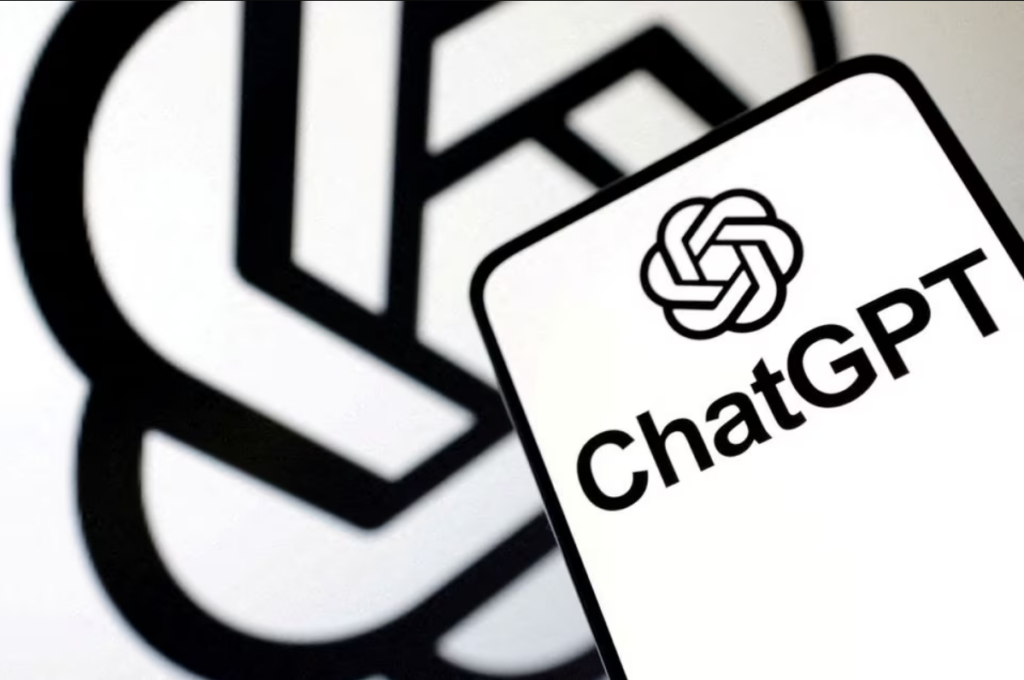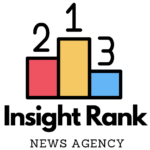
In order to properly control generative AI, like OpenAI’s ChatGPT, regulatory bodies must first figure out how to do so before enacting restrictions that “really aren’t going to stand up,” according to Ireland’s data protection chief on Thursday.
The debate involved thousands of ChatGPT analogues, said Ireland’s Data Protection Commissioner (DPC) Helen Dixon at a Bloomberg conference. “It needs to be regulated, and it’s about figuring out how to regulate it properly,” she added.
The Irish Data Protection Commission is studying technology, huge language models, and training data sources.
“So I think it’s early, but now is the time to have those conversations rather than rushing into prohibitions that really aren’t going to hold up,”

A task group on ChatGPT was established last week by the organization that brings together Europe’s national privacy watchdogs in response to Italy’s unilateral decision to temporarily ban the chatbot, which is quickly gaining in popularity.
The Italian watchdog stated on Tuesday that if ChatGPT’s creator OpenAI takes “useful steps” to allay the agency’s worries, it would be permitted to resume operations at the end of April. OpenAI, which is supported by Microsoft Corp (MSFT.O), pulled it offline in Italy last month.
Due to the presence of their EU headquarters in Ireland, many of the greatest technology businesses in the world are subject to the Irish DPC’s primary regulation; however, OpenAI, which has no offices within the EU, is not subject to its jurisdiction.
Dixon continued by saying that concerns about copyright and defamation are just two issues related to Generative AI that go far beyond data privacy.
“We also want to contribute to broader discussions about the risks and about other areas of law that converge in AI,” she added.
